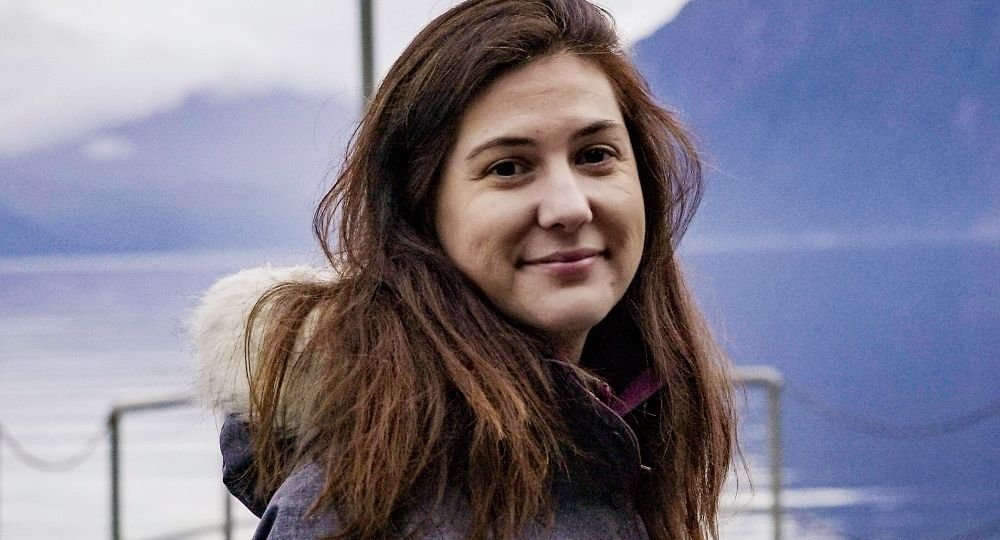
By: Sonia Español Jiménez
Historically, female participation in different areas of knowledge has been hindered by barriers like stereotypes. That is why on February 11 we celebrate the International Day of Women and Girls in Science. In order to advance gender parity, a new reality needs to be created starting from childhood, stated scientist Sonia Español, PhD in Marine Biology and leader of the cetacean research area of MERI Foundation in her opinion column. Recalling figures such as Rachel Carson, Español argues that women are called upon to play a leading role in the face of today’s environmental challenges.
Rachel Carson was a marine biologist, ocean lover, environmentalist, conservationist and renowned American scientist who pioneered modern environmentalism. Born in 1907, she was branded a communist, a nature fanatic and even a spinster, while researching the harmful effects of pesticides on the environment, arguments that were reflected in her most important work: A Silent Spring, which led to the banning of DDT and other pesticides used in the United States in past decades.
Her contribution to environmental awareness is undeniable. On the anniversary of the International Day of Women and Girls in Science, it is important to remember the work of those women who, like Carson, went down in history for their scientific contributions, but not before fighting their own battles.
Indeed, for too many decades now, society has been characterized by a very low participation of women in areas essential to conservation, such as science and environmental law, among others.
Although many things have changed in the world since Carson’s contributions, the fact remains that women’s participation in these fields is still low. In the case of Chile, only 32% of the people who work in science and technology are women, according to UNESCO data.
Long-standing gender biases and stereotypes have long kept girls and women away from science-related fields. In this sense, gender parity will only be possible if we break free from those old paradigms.
Advancing gender parity means creating a new reality starting from childhood. In this line, environmental education is an invitation to investigate, discover, play, create and dream, encouraging the equal participation of boys and girls. This opening to these worlds of possibilities may mean that we have more women like Carson in the future.
Today, the environmental challenge is immeasurable and women are called upon to play a leading role based on their particular awareness and way of seeing life. It is everyone’s responsibility to make this possible.
Sonia Español Jiménez is a PhD in Marine Biology and leader of the cetacean research area of MERI Foundation.
Source: LaderaSur

